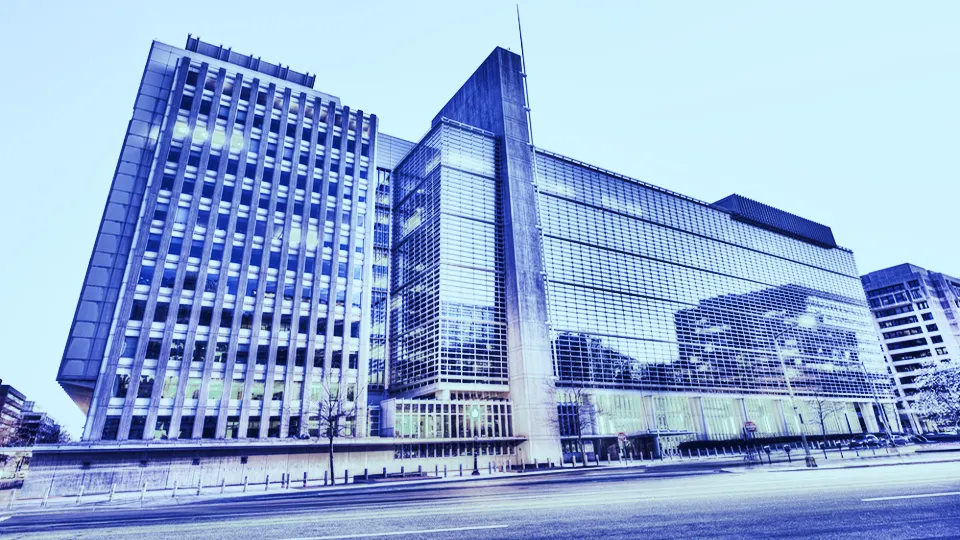The World Bank has launched the world’s first global blockchain bond in an effort to more quickly and easily raise capital to aid the planet’s poor.
The international lender recently announced that it has enlisted the Commonwealth Bank of Australia (CBA), one of Australia’s big four, to oversee the project. The World Bank says blockchain technology has the potential to help streamline and simplify the process of issuing bonds and advance its mission to eradicate hunger and poverty worldwide. It issues between $50 and $60 billion in bonds annually for developing countries and reportedly expects this bond to raise upwards of $73 million.
The “Blockchain Offered New Debt Instrument”—or “bond-i,” named after Sydney’s beloved Bondi Beach—is the first global bond to be “created, allocated, transferred and managed through its life cycle using distributed ledger technology,” according to the bank’s official press release.
The World Bank claims that issuing the bond via blockchain will improve “operational efficiencies" and “regulatory oversight,” as well as “simplify raising capital and trading securities.” Australia’s Commonwealth Bank trialed a very similar project in 2017 when it created the first blockchain-backed government bond for the Queensland Treasury Corporation.
The CBA says the use of blockchain allowed it to oversee investor bids “in real time,” settle investments “instantly,” and defog the price-discovery process. It achieved this effect using smart contract technology, which fulfills obligations to bond holders automatically.
The CBA-QTC experiment with “cryptobonds” appears to be just the beginning of Australia’s foray into blockchain technology. Last December, the Australian Securities Exchange said it would use blockchain to cheapen the settling and clearance of equities trades—corporate shorthand for “making everything easier”—by 2020. The Land Down Under is among a spate of world powers vying to be the first to make use of the technology.
Read Next: Ethereum mining is on the rocks

